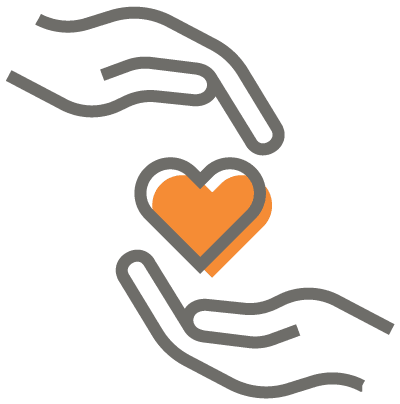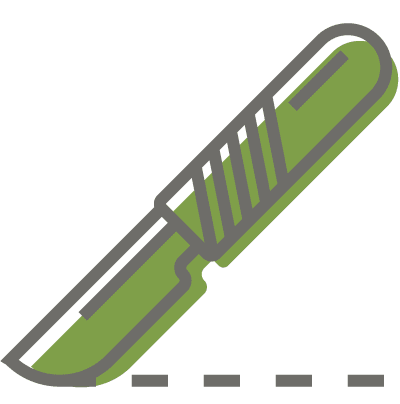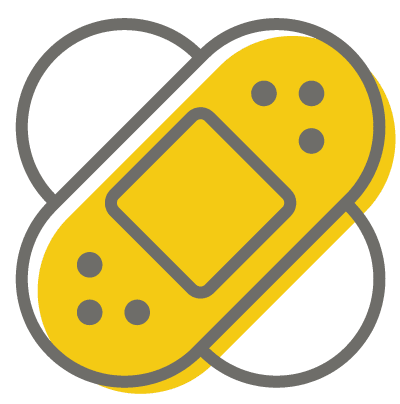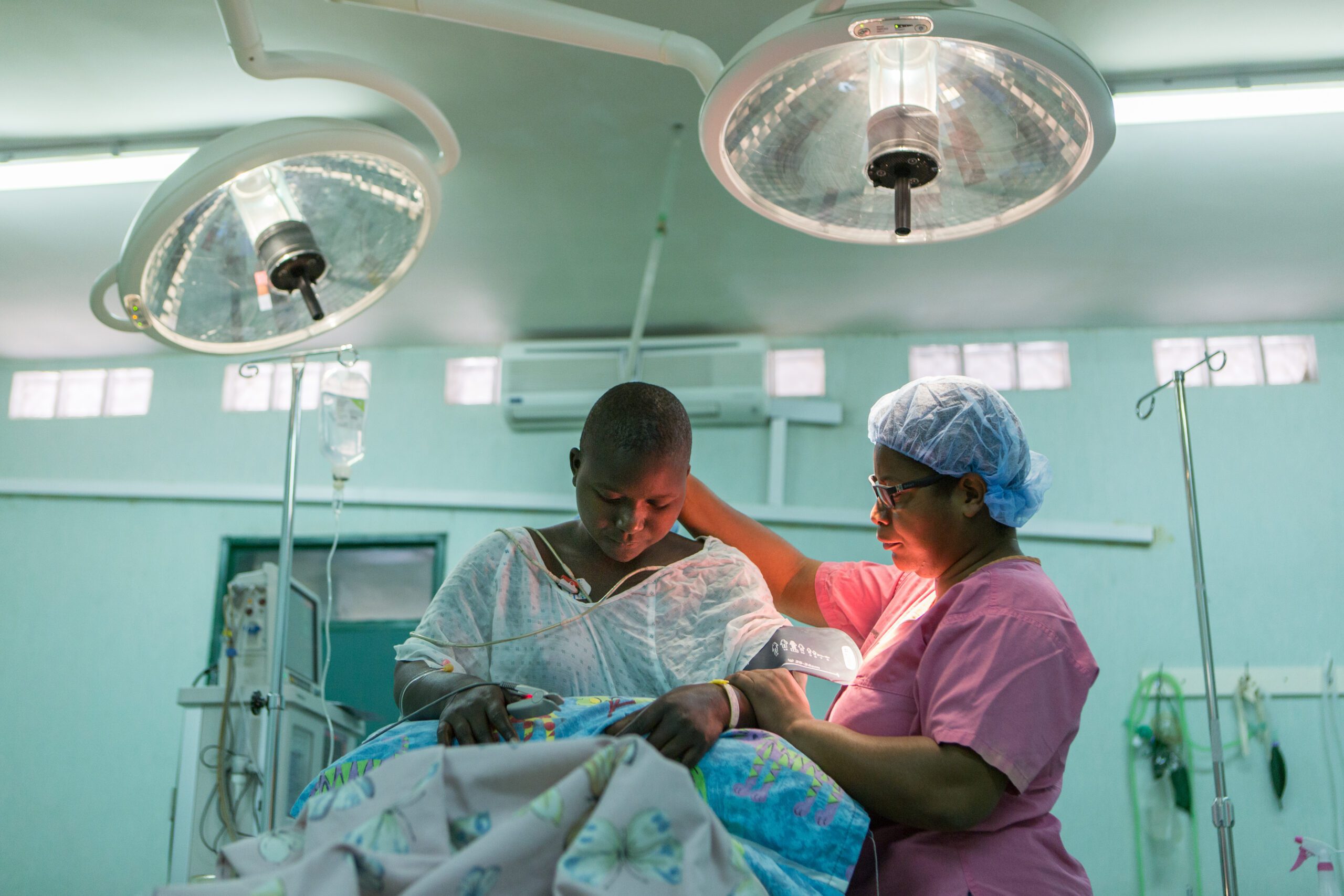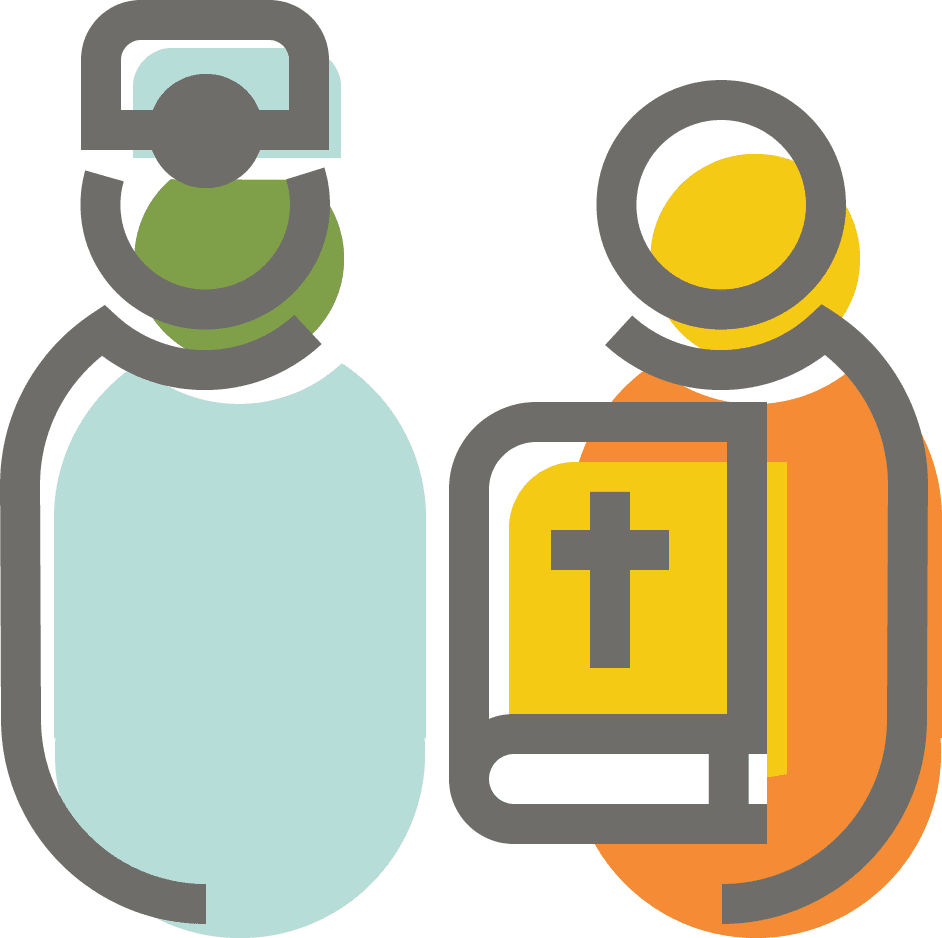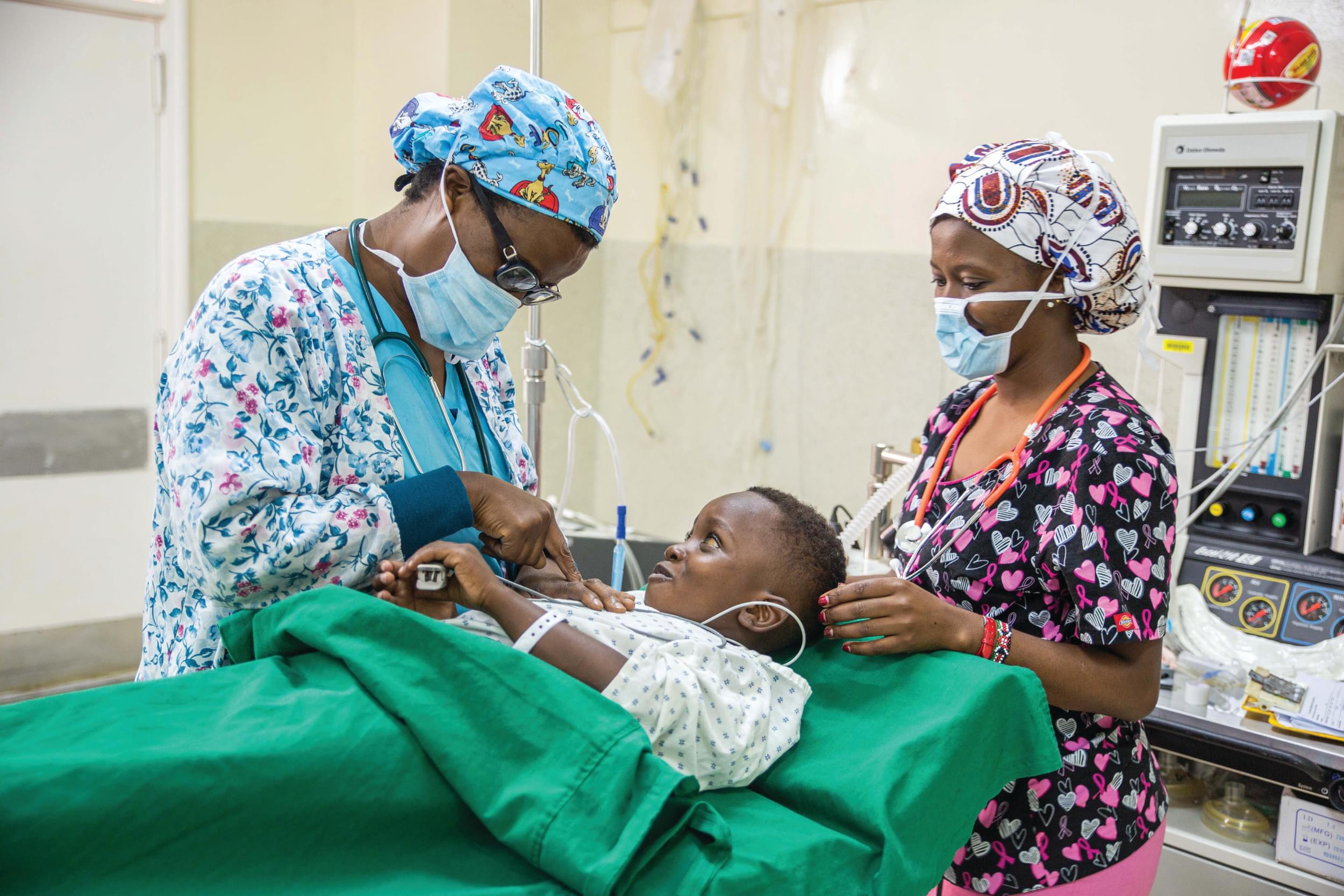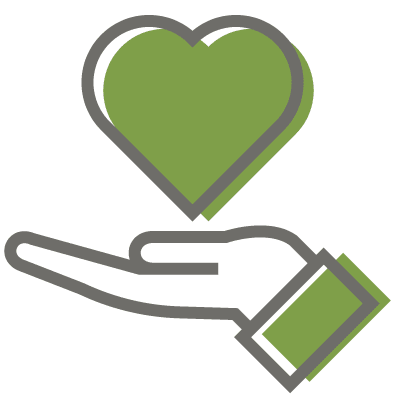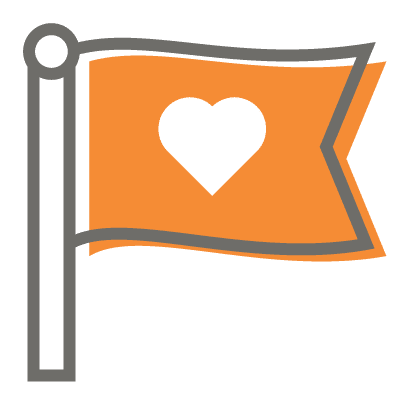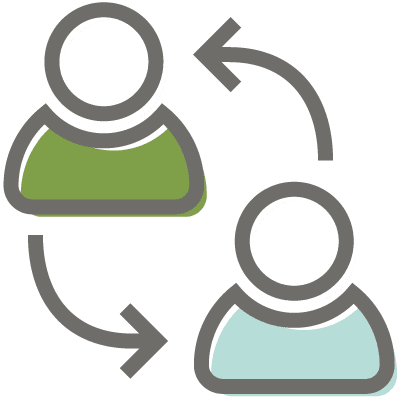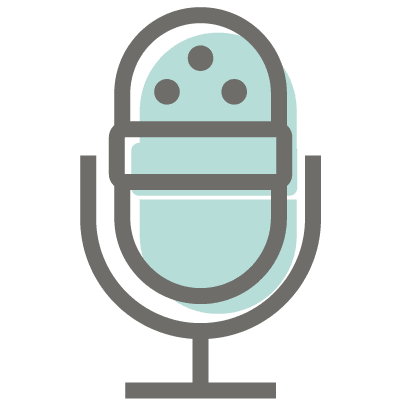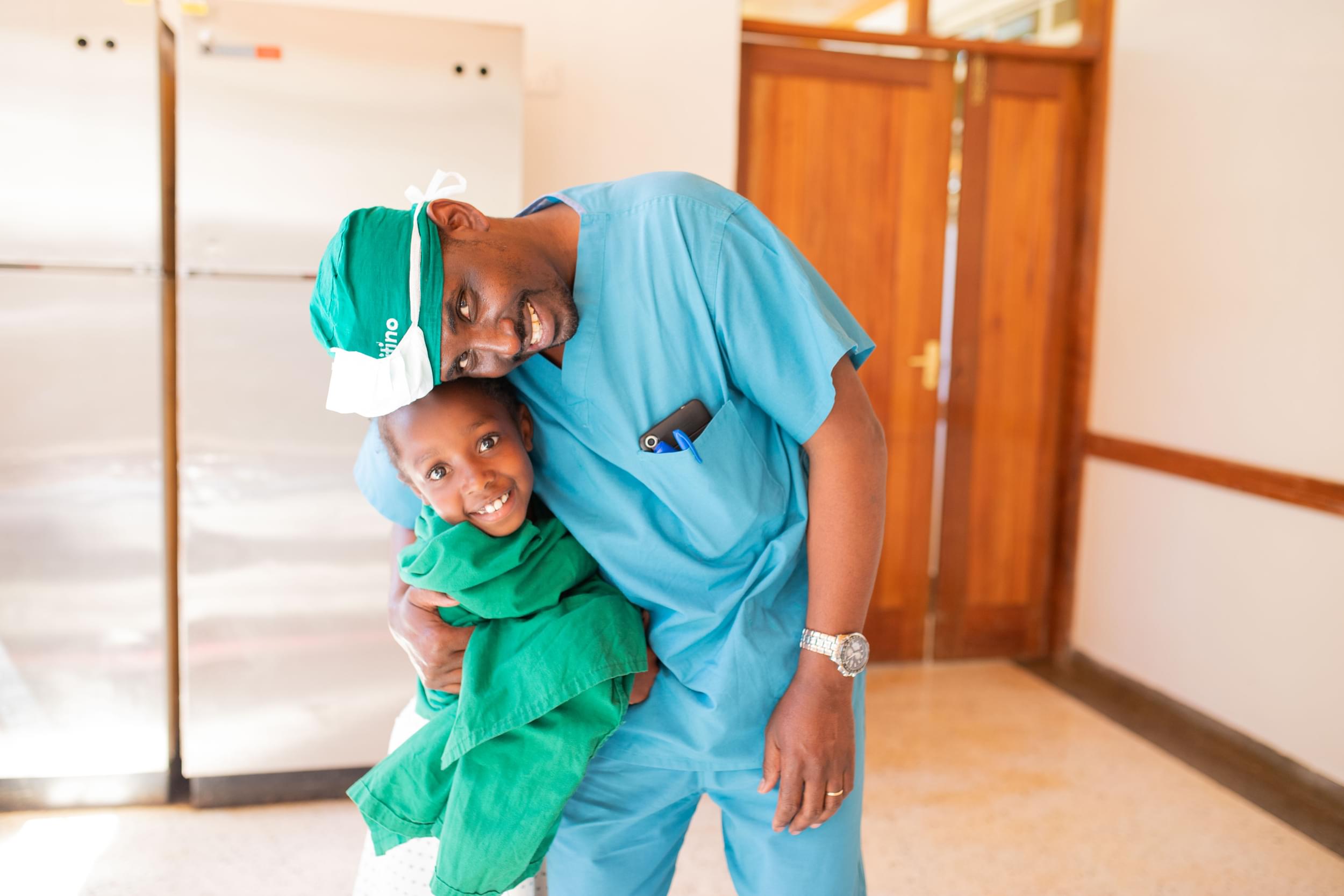New Surgical Center Breaks Ground at CURE Uganda
New Opening | 31 October 2023
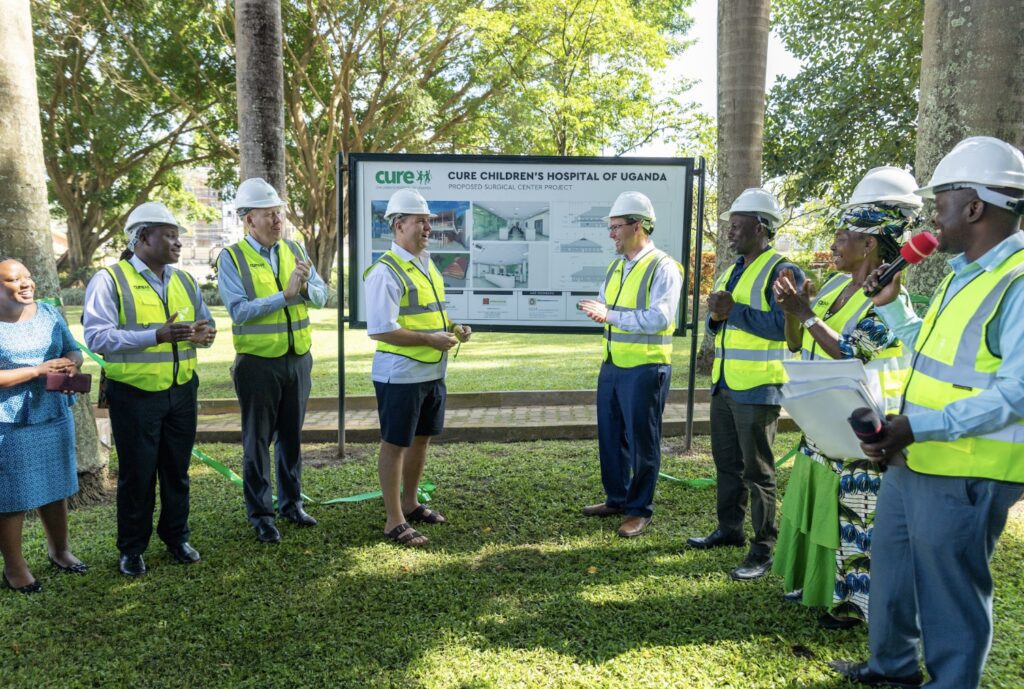
We have some exciting news! CURE Children’s Hospital of Uganda (CURE Uganda) has broken ground on a new surgical center that will provide more children with the lifesaving neurosurgical care they need.
The expansion is part of CURE International’s capital campaign to improve access to surgical care for children by upgrading existing hospital facilities.
“This project will triple the size of our current surgical center and significantly advance our capacity for delivering the highest quality of specialized neurosurgical care to our vulnerable patients,” noted Tim Erickson, CURE Uganda’s Executive Director.
An Oasis of Healing
Before it was home to one of Africa’s leading pediatric neurosurgical hospitals, the land where CURE Uganda now stands was considered a swampy, dark, crime-infested patch on the outskirts of town. Today, Tim Erickson describes it as a place of hope.
“When CURE’s founders prayed about it, they said this is where CURE Uganda needs to be,” he says. “Now it’s an oasis of healing for the most vulnerable children with neurosurgical conditions.”
Since opening in 2001, under the leadership of Dr. Benjamin Warf, CURE Uganda has emerged as one of Africa’s leading pediatric neurosurgical hospitals, performing more than 25,000 surgical procedures for children with life-threatening conditions like hydrocephalus, spina bifida, and brain tumors.

More than 1,600 clinical trainees have been equipped by CURE Uganda to more effectively serve children with neurological conditions.
Over its 22-year history, the hospital has expanded its team and facilities to meet the growing need for neurosurgical care. Throughout sub-Saharan Africa, an estimated 200,000 newborns develop hydrocephalus every year. And in the past five years, CURE Uganda has experienced a 45% increase in admissions and surgeries. With the addition of a new surgical center, CURE will be able to serve approximately 1,000 more patients each year and better meet the need.
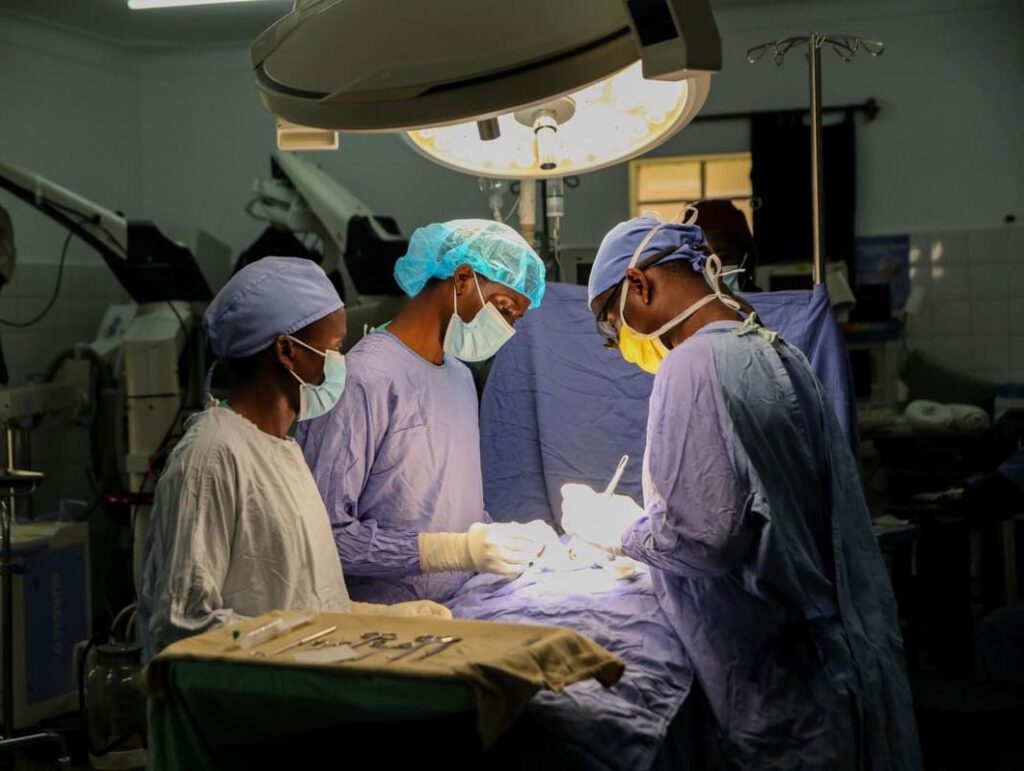
At the groundbreaking ceremony, CURE International President/CEO, Justin Narducci, noted, “This new building is a tool to serve even more of the children the Lord brings us every day—and for generations to come.”
The hospital also provides critical training for the next generation of surgeons through the CURE Neuro Fellowship Program. Surgeons from across Africa and around the world come to learn groundbreaking procedures—some developed at CURE Uganda. The new, larger surgical center means more space where even more surgeons can be trained to meet the region’s growing need for surgical care.
A Light in the Darkness
In addition to high-quality surgical care, CURE provides Christ-centered ministry to all of the patients and families we serve.
“When children come to CURE, they come with mothers and fathers who are hurt because of the perception of disability in our communities. Many of these [parents] have been rejected, told it’s their fault. CURE enjoys treating and sharing the light of Jesus with our patients,” says Dr. Emma, CURE Uganda’s Medical Director. “CURE looks after the least of the least, the poorest of the poor. God says if you look after these, you look after Him.”


CURE Uganda is equipped to provide immediate, lifesaving surgery for babies like Brian. After a nasty fall that caused a skull fracture, Brian developed hydrocephalus. Though a local hospital told his mom, Robina, that he was fine, his condition worsened.
Thankfully, another doctor referred them to CURE. After a long but successful eight-hour surgery, days of recovery, and lots of prayers and encouragement from the ministry team, Brian and his relieved mom were discharged to go home. At his most recent check-up, Robina shared that Brian is eating well, playing with toys, and serving as a testimony to a loving God who heals.
There are many more children like Brian in need of surgeries that give them a chance at life and their parents, like Robina, a chance at hope. CURE is committed to responding to this need. We’re grateful for our generous partners and donors who make that possible.
Learn how cutting-edge neurosurgical techniques at CURE Uganda are saving lives—and drawing global attention


